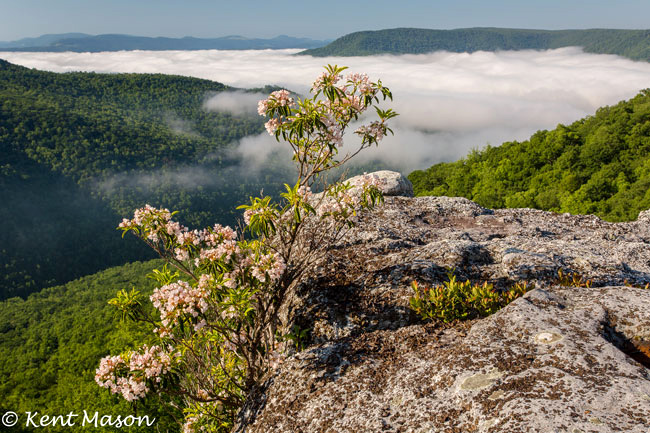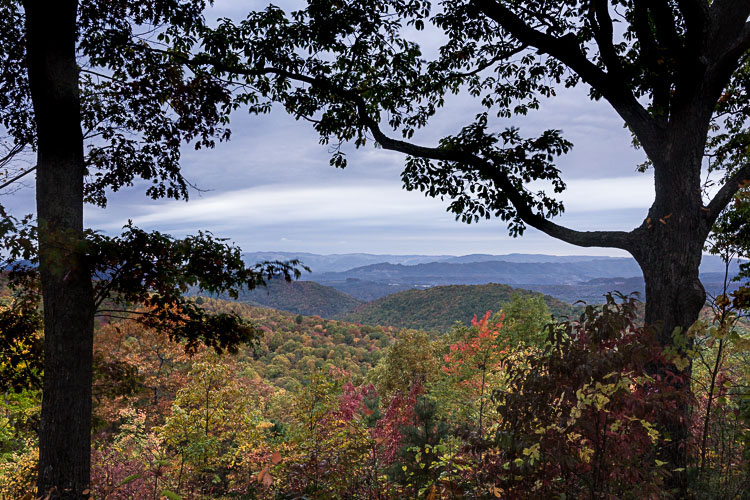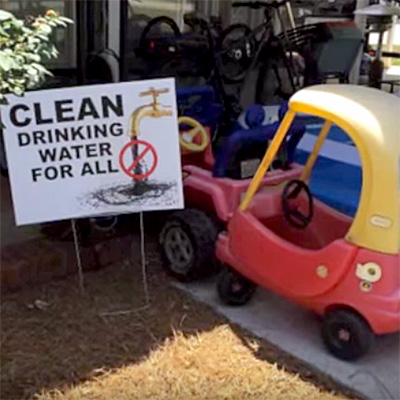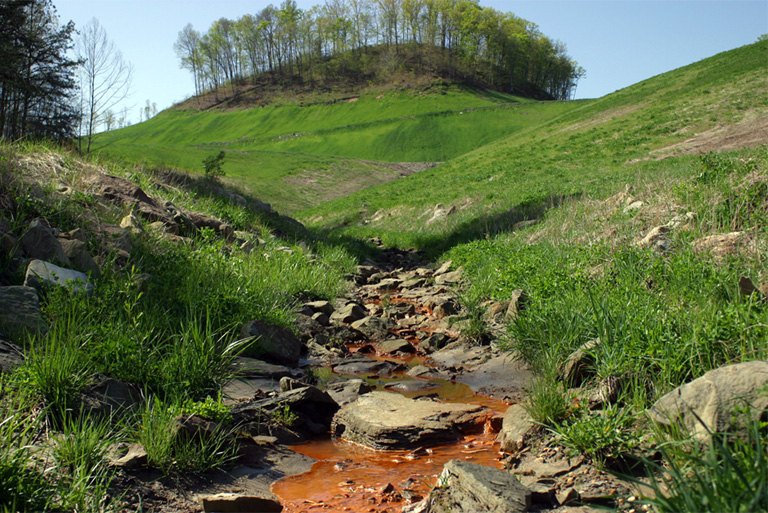Written by Tom Cormons
Tom Cormons
Appalachian Voices' Executive Director, Tom holds a degree in law from UCLA and has a life-long appreciation for Appalachia's mountains and culture. An avid hiker and whitewater rafter, his latest pleasure is in sharing with his kids a deep respect and appreciation of nature.
Renewing the promise of Appalachia
There’s more than wildflowers budding in Appalachia as spring comes to the mountains this year. We are witnessing the proliferation of efforts big and small to stabilize and revitalize local economies as the coal industry declines. And the conversations continue expanding outward, bringing together an increasingly broad cross-section of residents and stakeholders.
Our hope for the year ahead
Appalachian Voices is beginning 2016 stronger than ever and positioned to advance a positive future for the region we all love. Standing with citizens from across Appalachia and from all walks of life, we are hard at work and have high hopes for the year ahead.
Focus on Appalachia’s future
The winds of change are blowing in Central Appalachia, carrying voices of people determined to see their communities thrive in a future where the coal industry no longer dominates. Executive Director Tom Cormons reflects on our achievements in 2015, including the opening of our new office in southwest Virginia where we have made tremendous progress engaging with local citizens to envision a new, sustainable economy.
NCDENR needs to step up
Since the Dan River coal ash catastrophe of February 2014, there’s been more foot-dragging than problem-solving by Duke Energy and DENR to solve the state’s coal ash crisis. But citizens like Amy Brown are keeping the pressure on, and Appalachian Voices is right there with them.
Action on climate heating up
President Obama’s announcement that day of first-ever regulations to limit carbon pollution from power plants in America — which has one of the largest carbon footprints in the world — marks an unprecedented milestone. Yet, as important as it is, it’s anything but certain how the story unfolds from here.
Stream “protection” rule falls short
The Obama administration says its draft rule, released last week, to mitigate the water quality impacts of surface coal mining represents a “balanced approach to energy development.” But there’s nothing balanced about blowing the tops off ancient mountains and jeopardizing the health of thousands of Americans.
Appalachian communities are still at risk

Although industry gets fined, citizens still pay the price
In one of the largest Clean Water Act deals in recent memory, Duke Energy agreed to pay $102 million to settle federal charges for its coal ash pollution in North Carolina. It’s the most recent example of a coal-related company facing fines for violating the law, and although that’s a step in the right direction, it can never compensate for the human cost borne for years by citizens living near coal ash ponds and mountaintop removal mines.
Moving Appalachia forward
President Obama recently proposed more than $1 billion in funding to restore lands and waters in coal-impacted communities and boost efforts to grow sustainable local economies. It’s a sound idea, and a long time coming, although Congress may not approve it. Meanwhile, Appalachian Voices and others continue working to move the region forward.
Cheating shouldn’t pay
Appalachian Voices and our Kentucky partners scored a major victory when a judge, ruling on our case against a lawbreaking coal company, vigorously admonished state regulators for not enforcing the Clean Water Act. The state appealed, so as we head into 2015 it’s clear that our work throughout the Appalachian region is more important than ever.










